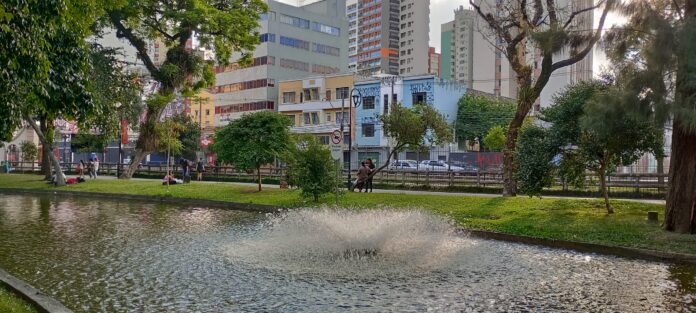
By Osmel Almaguer
HAVANA TIMES – I must confess that I didn’t choose Brazil as my ideal destination. Learning another language while restarting my life in an unfamiliar country, in my forties, was not exactly my idea of a better life. However, this is the path that God set for me, and at this point, it brings me happiness.
When I arrived in this country, I discovered that it is an exceptionally good option for emigrating, especially if you’re Cuban or from any other country where life is just as hard.
Here are eight reasons that support this statement:
- The journey is possible and relatively cheap. Although an illegal journey is never the most advisable, but for people who cannot get a Brazilian visa, it is still possible to enter the country through its northern border, meaning the borders with Guyana or Suriname, which are visa-free for Cubans. Two years ago, when I crossed, coyotes charged between 300 and 500 dollars per person. Now, I’m not sure; it may be a bit more, but it’s never comparable to the thousands required for a trip to the US.
- The Federal Police provide you with documentation upon entry. It’s possible to acquire a free asylum protocol and a CPF (Natural Person’s Register). These are documents that allow you to integrate into the country. They give you almost the same rights as a native. You can work, open a bank account, and enroll your children in school.
- There are many laws that benefit you. You have the possibility of receiving financial aid and/or food from the government, paying very low or even zero electricity and water rates if you have low income. Your children get priority for a spot in daycare or school if you are a single mother, immigrant, or low-income person. You can retire if you are autistic or have another disability, receiving a minimum wage but still working and earning a second income because many companies have job vacancies reserved for such individuals. There are institutions that help you find a job upon arrival and special stores for low-income people, among other benefits.
- On top of that, there’s another important group of NGOs to support you. Hundreds of individuals and organizations, including Catholic and Evangelical churches, are dedicated to helping newcomers. They donate cold-weather and summer clothes, food, household supplies, and provide information and the opportunity to integrate into their communities if you are a believer.
- There is no evident discrimination against immigrants. While isolated cases may occur, the average Brazilian does not discriminate against foreigners. This is a country accustomed to receiving immigrants. In the past, Poles, Germans, Arabs, Japanese, Chinese, Italians, and others migrated here. Today, Venezuelans, Haitians, Cubans, Argentinians, and Africans are the most common immigrants, fleeing from various realities. There are also Uruguayans, Chileans, Peruvians, Bolivians, and Colombians, in a discreet migratory flow between neighboring countries.
- You can validate your documentation. If you have a degree, you have the chance to validate your diploma. There are also many free courses offered by highly reputable government entities that can certify you to find better jobs if you can’t validate your degree. You can also translate your driver’s license, saving you the 2,000 reais it costs for driving school.
- You have free healthcare and education. Although not all states in Brazil offer the same quality of life, at least in the southern states, it’s possible to receive free primary healthcare. At health centers, similar to Cuban polyclinics, prescribed medications are provided for free. Education up to Ensino Medio (equivalent to high school) is also free.
- It’s not the American dream, but you can live a decent life. Especially in Curitiba, the capital of Paraná state, where there’s an abundance of jobs and low levels of violence. Salaries may not be enough to buy a house or a car in just a couple of years, but if you organize yourself well, live a calm family life, you can save and grow.
Read more from Osmel Almaguer´s diary here.




